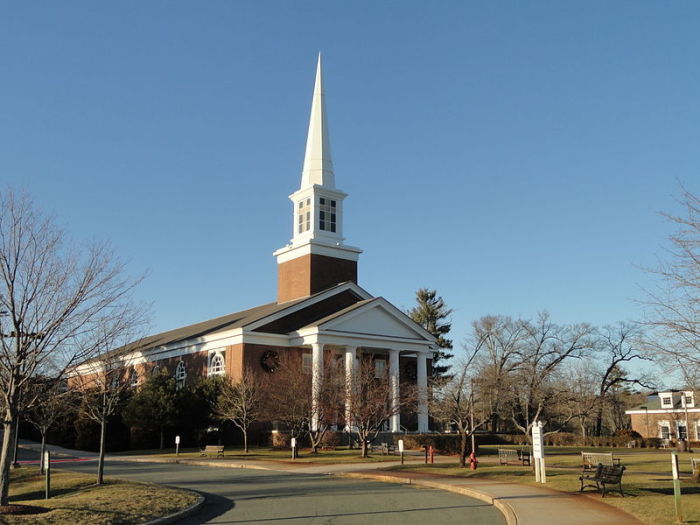Supreme Court rejects Christian college’s bid to halt pro-LGBT professor's discrimination lawsuit

The U.S. Supreme Court has refused to hear an appeal from a Christian college in Massachusetts that tried to use a ministerial exception to end a lawsuit by a former professor whom lower courts ruled could sue for alleged discrimination.
In an orders list released Monday, the Supreme Court denied a petition for a writ of certiorari from Gordon College to hear the appeal centered on allowing the school to use the “ministerial exception” to dismiss a lawsuit filed by a former associate professor Margaret DeWeese-Boyd.
Gordon College was sued by DeWeese-Boyd in 2017 over its refusal to promote her, reportedly over her public support of the LGBT movement.
As part of its defense, Gordon invoked the ministerial exception, a legal principle that prevents governments from imposing anti-discrimination laws on religious institutions and their ministerial employees.
Justice Samuel Alito authored a statement included in the orders list respecting the decision to deny the appeal. Alito was joined by Justices Brett Kavanaugh and Amy Coney Barrett.
Alito said he accepted the denial of the petition in part because the case will continue through the litigation process, noting that “the preliminary posture of the litigation would complicate our review.”
Nevertheless, Alito expressed concern over the Supreme Judicial Court of Massachusetts’ ruling against the college’s use of the ministerial exception in DeWeese-Boyd’s case, writing that he believed “the state court’s understanding of religious education is troubling.”
In particular, Alito is concerned with the court’s argument that DeWeese-Boyd, in her role as a professor, did not provide sufficiently religious education that would allow for the ministerial exception to apply.
“That conclusion reflects a troubling and narrow view of religious education. What many faiths conceive of as ‘religious education’ includes much more than instruction in explicitly religious doctrine or theology,” stated Alito.
“I have doubts about the state court’s understanding of religious education and, accordingly, its application of the ministerial exception.”
In her lawsuit, DeWeese-Boyd, who taught social work, accused the school of refusing to promote her because of her advocacy against school policies related to LGBT individuals and extramarital sex.
Her lawsuit argued that Gordon committed “associational and gender discrimination” in violation of the state’s Civil Rights Act, as well as breaching the “implied covenant of good faith and fair dealing.”
An attorney representing DeWeese-Boyd argued in earlier hearings that her client taught “all secular social work topics” and didn't fit the standard of “vital religious duties” laid out in the 2020 Supreme Court decision in another ministerial exception case Our Lady of Guadalupe School v. Morrissey-Berru.
While Gordon attempted to dismiss the suit by invoking ministerial exception, Judge Jeffrey T. Karp of the Massachusetts Superior Court ruled against that argument in April 2020.
In March 2021, the Massachusetts Superior Judicial Court upheld the lower court ruling, with Chief Justice Scott L. Kafker writing that the cause would be “remanded for further proceedings consistent with this opinion.”
“In sum, we conclude that DeWeese-Boyd was expected and required to be a Christian teacher and scholar, but not a minister. Therefore, the ministerial exception cannot apply as a defense to her claims against Gordon,” wrote Kafker last year.





























